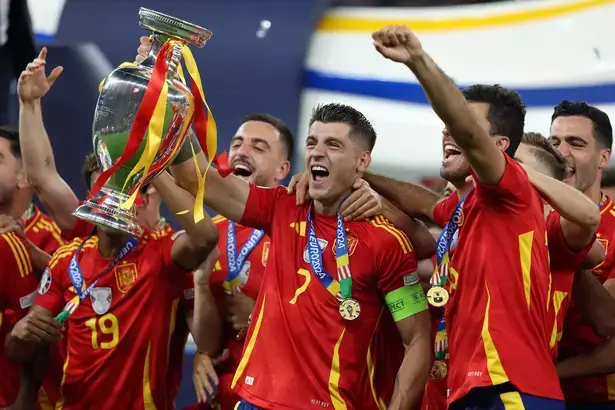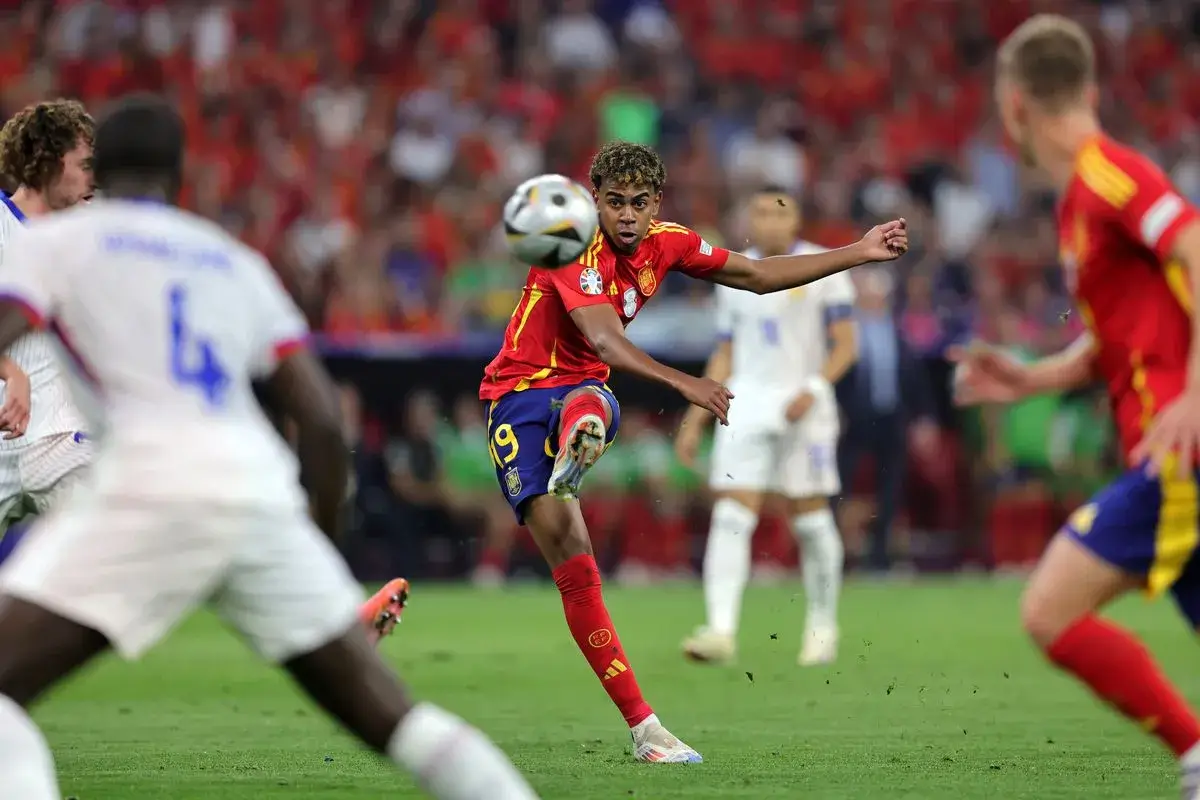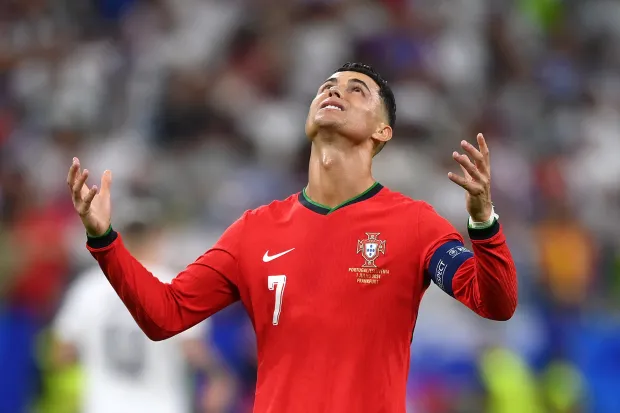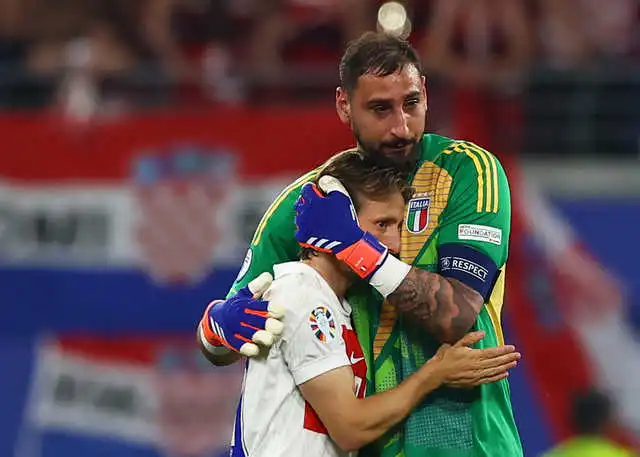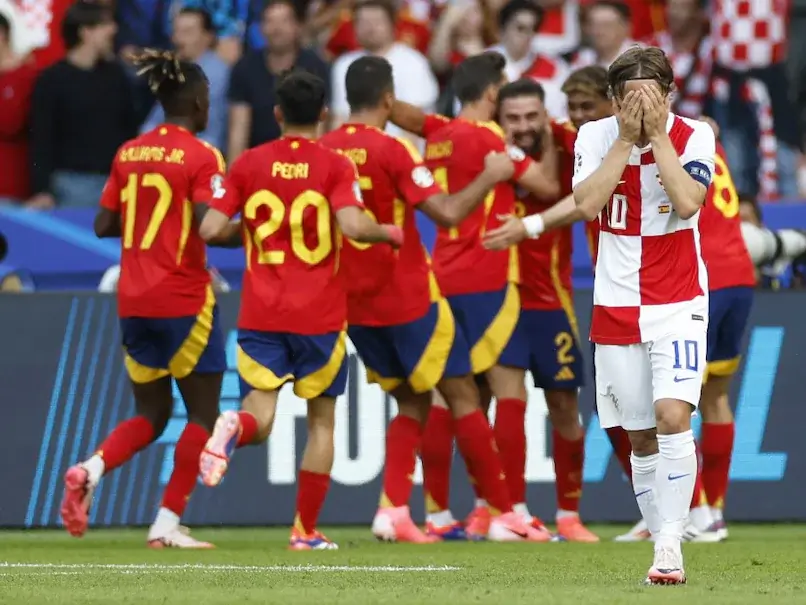« Tout arrive pour une raison » – Mind Games EURO 2024
Alors que le rideau tombe sur l’EURO 2024, nous revenons sur l’incroyable aventure qui s’est déroulée ces dernières semaines. Ce tournoi a non seulement offert des matchs palpitants et des talents remarquables, mais il a aussi souligné l’importance des aspects psychologiques pour atteindre le succès sur le terrain.
Tout au long de la compétition, nous avons mis en avant la nécessité de se concentrer sur le processus plutôt que sur le seul résultat. Joueurs et entraîneurs ont démontré qu’une préparation minutieuse, une amélioration continue et une attention aux détails sont essentielles pour atteindre la performance maximale. Le parcours victorieux de l’Espagne en est une parfaite illustration.
La mentalité gagnante dépasse le simple désir de victoire ; elle repose sur la résilience, la confiance et la foi inébranlable en ses propres capacités. L’Espagne a incarné cette mentalité, affichant une maîtrise et une détermination remarquables à chaque rencontre. Leur capacité à rester concentrés sous pression et leur quête incessante d’excellence les ont distingués comme la meilleure équipe du tournoi.
Cette victoire de l’Espagne à l’EURO 2024 établit un nouveau record de titres remportés dans cette compétition, consolidant leur statut de puissance majeure du football européen. Ce succès ne résulte pas seulement de leurs qualités techniques et tactiques, mais aussi de leur état d’esprit collectif. Chaque joueur a apporté sa contribution à un effort d’équipe cohérent, animé par des objectifs communs et un soutien mutuel.
En repensant aux récits de ce tournoi, l’adage « tout arrive pour une raison » résonne fortement. Des retournements inattendus aux moments de génie individuel, chaque événement a enrichi la trame de l’EURO 2024. Pour l’Espagne, chaque défi affronté et chaque obstacle franchi ont joué un rôle dans leur réussite finale. Cette philosophie nous invite à voir les échecs et difficultés comme des occasions d’apprentissage et de croissance.
Alors que nous tournons la page sur l’EURO 2024, retenons les leçons tirées de cette aventure. Concentrons-nous sur le processus, cultivons une mentalité gagnante et adoptons l’idée que tout arrive pour une raison. Que ce soit dans le sport ou dans la vie, ces principes peuvent nous guider vers l’avant.
Merci de nous avoir accompagnés dans l’exploration des dimensions psychologiques de ce magnifique tournoi. Continuons à appliquer les principes de la psychologie du sport et à nous épanouir dans nos projets, sur le terrain comme en dehors. Continuons à grandir ensemble ! 🌍⚽


 9
9
